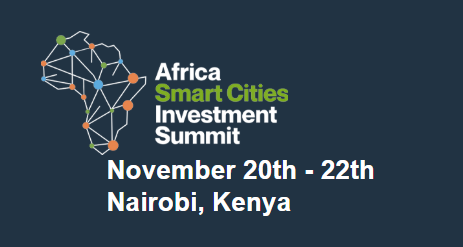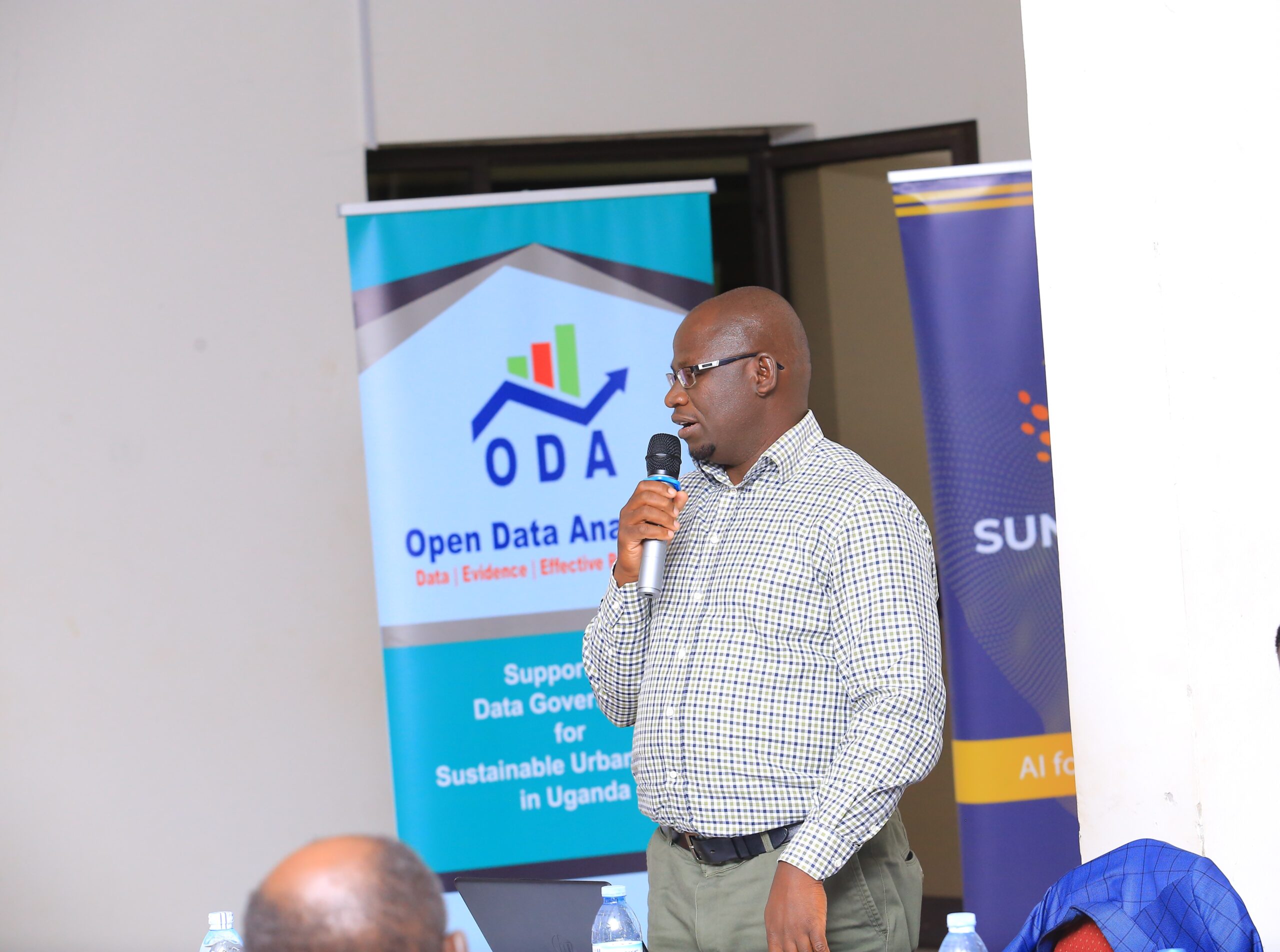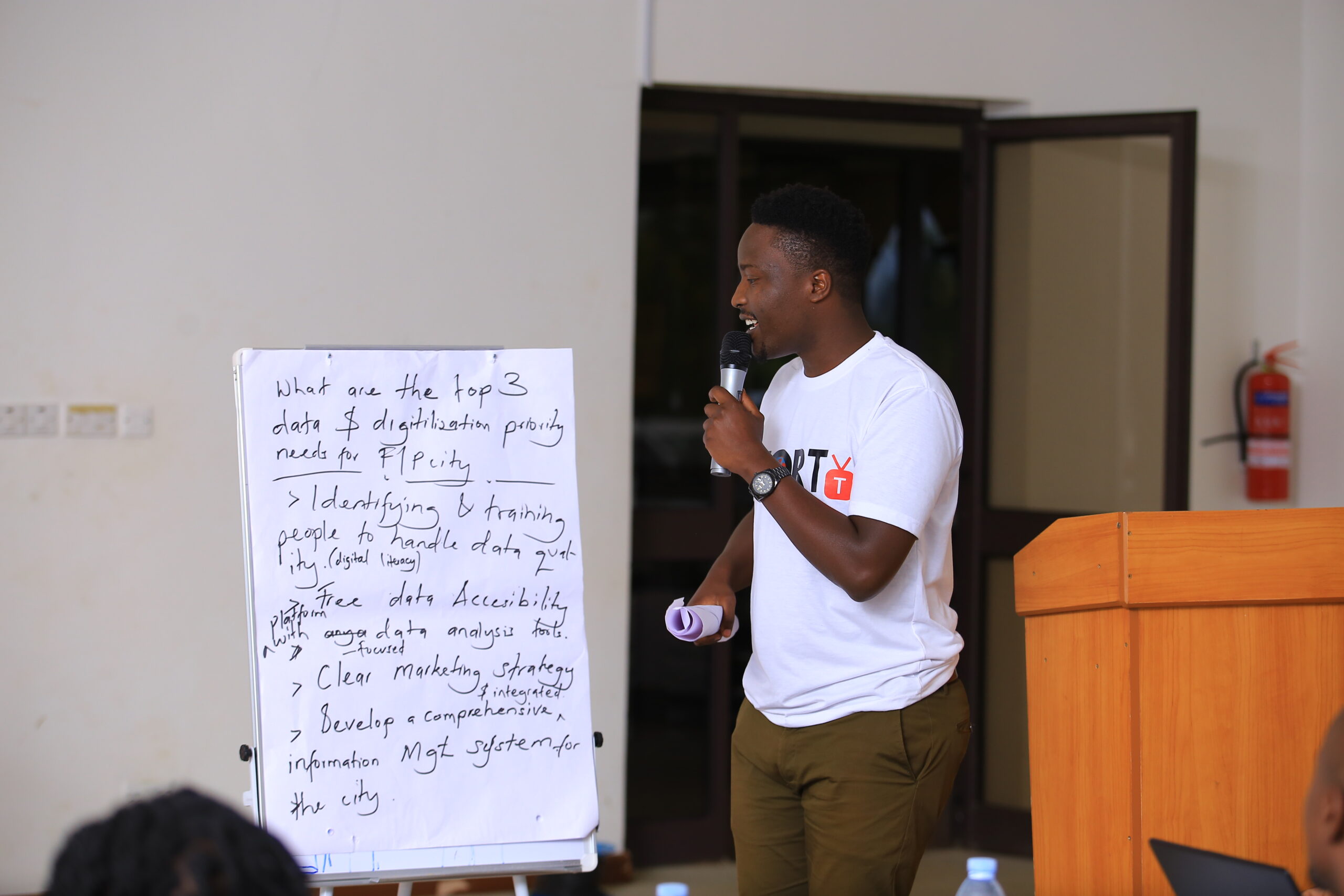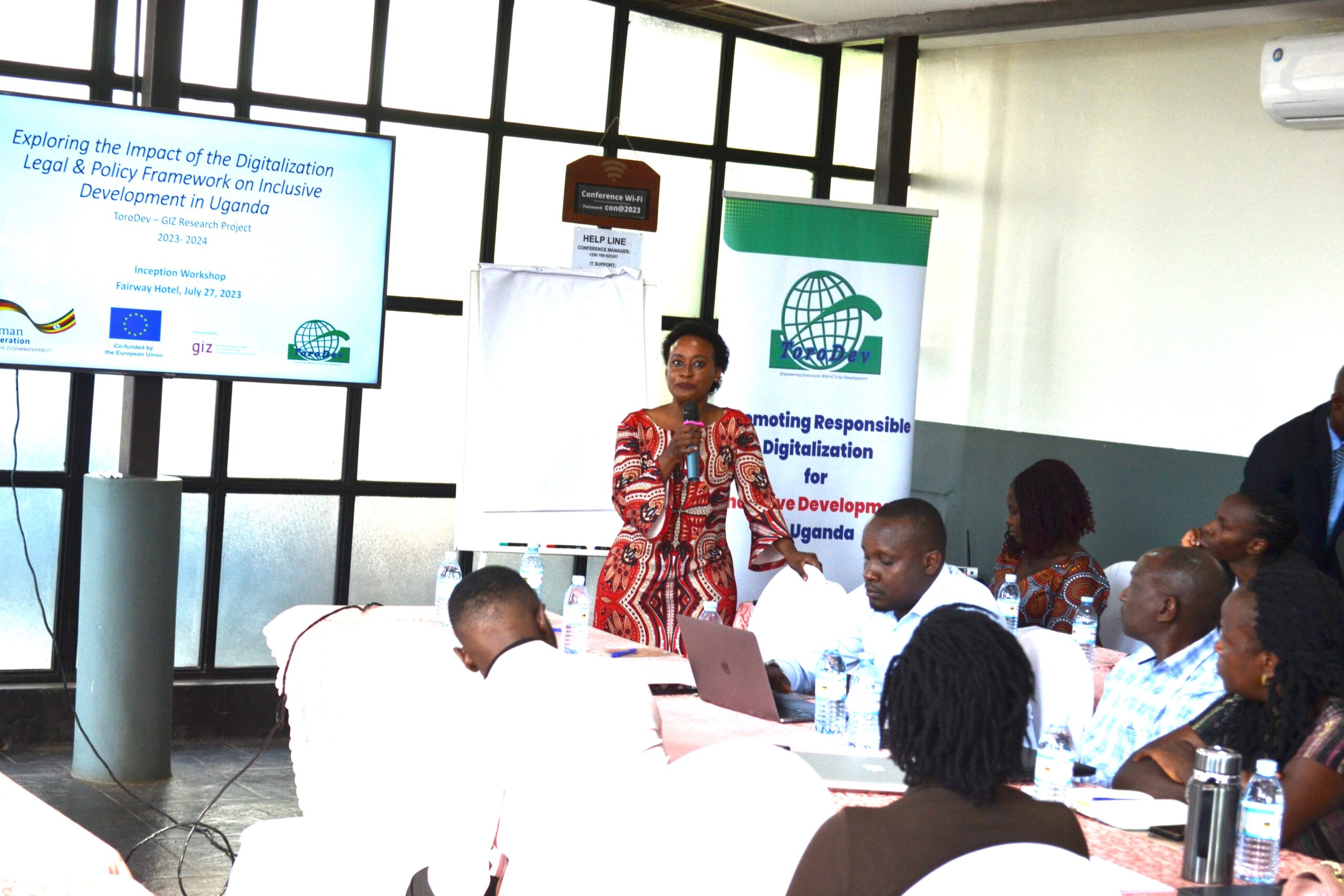ToroDev, funded by the Hewlett Foundation is implementing an 8 years’ program on “DataCities – Supporting Practical & Resilient Data Systems in Uganda’s New Cities”, through her Open Data Analytics (ODA) initiative. The first phase of two years (2023-2025 ) is testing interventions in Fort Portal and Jinja Cities. The ultimate goal of the program and project(s) is to support cities to achieve SMART (digital technology and innovative people-driven), GREEN (ecologically conserved and inclusive) cities, informed by quality data and evidence. A team of 15 participants, including mayors, City Town Clerks, City Planners, Members of City Councils and other technocrats from Jinja, Fort portal cities visited and had smart city knowledge exchange with leaders in three (3) South African Cities of Capetown, Johannesburg and Durban. The Uganda’s Ministry of Local Government, which supervises the cities, was also represented. ToroDev – ODA covered all one week’s trip expenses. The objectives of the smart cities’ knowledge exchange visit in South Africa included, among others;
- To develop an understanding of the use of quality data and evidence for informed insights to improve new cities’ resources management, effective a service delivery and urban physical planning for sustainable development in cities.
- To increase knowledge of stakeholders on how to leverage data and evidence in routine, rapid decision making and build plans that mainstream the role of city resident and digital technology to make new cities become centers of social -economic development, contributing to the attainment of Uganda’s Vision 2040.
- To understand how to use data for profiling specific city niches like tourism (Fort Portal city), industrialization (Jinja city), reveal patterns, trends and insights in such sectors that traditional approaches may not bring out clearly to build economically resilient cities that generate their own revenue.
Background to the Data Cities Project
As a second intervention of implementing the “Data and Evidence for Improved Urban Policymaking in Uganda” program strategy by ToroDev through the ODA initiative, the “DataCities” project is currently being piloted in Jinja and Fort Portal cities. This is aimed at addressing the recommendations of the first intervention by ODA through research on “Urban Data Governance Baseline Study in Uganda’s New Cities” that was undertaken and concluded in June 2023, funded by the Hewlett Foundation, USA. Key among the recommendations was the need to focus on capacity building of both political and technical leaderships of the new cities in Uganda in data governance for smart city modeling aspects. Therefore, the Smart City Knowledge Exchange Visit to leading South African cities of Capetown, Durban and Johannesburg, was organized in the context of building the capacity of the key city authorities by exposing them to other cities on the African continent that have already taken a step in smart city modelling.
Key Achievements from the Exchange Visit to South African Cities
- DataCities Project Implementation Teamwork: The City Authority leaders, key members of city technical staff, Ministry of Local Government and the DataCities project team at ToroDev-ODA were able to closely interact, identify areas of interest to exchange knowledge about the smart city modelling in Uganda’s new cities. By end of the exchange visit in South African cities, there was evidence of a deep understanding of the objectives of the project and potential teamwork to sustainably implement the eight-years’ program of building practical and resilient data systems in Uganda’s new cities
- Development of practical insights into Smart City Modelling: Successfully held meeting in the cities of Cape Town, Durban and Johannesburg and team was able to understand how those cities built (and continue building) strong data and digital technology-enabled smart city models. Participants also understood how other physical infrastructure in transport, tourism, ICT, etc can be leveraged to develop a smart city model.
- Acquisition of Knowledge on Smart City Stakeholders’ Engagement: Moreover, participants were provided with knowledge on how to engage city stakeholders – including residents, on using quality generated data and routinely use such resources for evidence-informed planning for smart cities modelling.
- Insights into the design and development of initial City Data Use Cases: Participants from the Ugandan new cities of Jinja and Fort Portal developed a strong insight of how quality data generation and routine use can be vital in planning, budgeting, routine and rapid city decision and policy making for sustainable, inclusive, ecologically conserved smart cities. As a result, there is currently a robust engagement within Jinja and Fort Portal cities on fast-tracking the specific “City Data Use Cases” and immediately start generating data to facilitate the “Smart City Modeling” agenda within the “DataCities” project framework.

Lessons Learnt from the Smart Cities’ Knowledge Exchange Visit to SA Cities
- To create sustainable economy in cities it’s important to use data evidence for decision making and policy designs that affect economic development and impact social economic activities.
- To create stakeholder appreciation for data and evidence use for socio-economic resilience in new cities, there is need to use “low hanging fruits” data use cases. In other words, use available datasets to create improvement in some city sectors like physical planning and housing, waste management, revenue mobilization, access to clean and safe water, etc.
- Engagement of all stakeholders in the data value chain is key to ensure sustainable data use to achieve smart cities with modern technology, innovative people and conserved environment.
- For better use of data as evidence in routine, rapid decision and policy making there is need to develop context specific city data strategies, implementation plans and ordinances to ensure compliance and protection of data misuse harms against individuals and society. These may also contribute to soliciting commitment from stakeholders is key in the implementation of the City Data Strategies.
- Communication, feedback and involvement of media to use quality data and evidence in new cities, creates transparency and trust among stakeholders to generate more data and using it.
- To establish a smart city (digital technology driven and data/evidence informed), there is need for the city planning to be based on key performance indicators (KPIs) hinged on data resources. Data of the current year can inform planning for next year to avoid change of plan mid-year.
- Uses of data capture infrastructure such as GPS, digital number plates, car discs, broad band connectivity, public WiFi internet access for all should be invested in by new cities in Uganda for better achievements in implementing data-informed cities.
- To enhance revenue in the smart city model, digital marketing is very key, cities should be able to identify key selling factors ‘in each department and ensure all digital social and broadcast media are well utilized.
- Promotion and communication of data use cases should be people-oriented, by providing solutions to people’s immediate and long-term problems. Having a platform whose goal is to enable service delivery and should engrained in a city data ecosystem. For example, it may be important to develop digital mobile applications for fault notifications in the community to service providers immediate attention.
- Instead of procuring expert consultancies at the beginning of implementing of data-enabled cities, authorities should focus on streamlining linking the already existing data systems and capacity building of in-house personnel and establishment of robust, well-resourced data units.
- For city authorities is important to start with open source digital technologies and business intelligence tools such as Python and CKAN and leverage on freely accessible data such as satellite data.
- Development, implementation, monitoring, evaluation and review of city plans and budget should ensure that implementation is be tailored towards smart, green and data informed cities.
Recommendations and Action Plans for the Next Steps
| Activity | Time Frame | Key Outcomes | |
| Development of a detailed exchange visit report with key activities undertaken by team | 2 weeks (by 10 December, 2023) | Detailed report for the knowledge exchange visit to inform next steps. | ToroDev-ODA Program Manager and City Town Clerks |
| Sharing of the knowledge exchange visit report in city technical planning committee, City Executive Committees and City Council | Before 22nd December, 2023 | Discussion on how to develop ordinances and policies of data and evidence use in routine decision and policy making to be completed by the 2 City Councils | City Town Clerks, City Mayors and City speakers of Jinja and Fort Portal. |
| Appointment of Chief Data Strategist for each piloted city and Data Focal Persons at department level and establishment of the Data Governance Committee with clear terms of reference. | Before 30th December 2023 | A strong Data Governance & Management Structure for each of the two piloted cities of Jinja and Fort Portal to design the action plans for 2024. | City Town Clerks of Jinja and Fort Portal |
| Identification of impactful Data Use Cases in respective cities to model and demonstrate to stakeholders the role of data and evidence in building socio-economic resilient smart cities. | Before 31th December, 2023 | Well identified, viable/feasible “small projects” to be implemented starting 2024, that can demonstrate to city residents and other stakeholders the role of data and evidence to develop their cities into “Smart City” models | ToroDev-ODA, City Planners and City Councils. |
| Developing and signing of MoUs between the pilot cities and the DataCities project consortium | By end of January 2024 | Key roles of the pilot cities and the DataCities project consortium well streamlined. | Pilot cities of Jinja and Fort Portal, ToroDev-ODA, UN Pulse Lab and Sunbird AI. |








